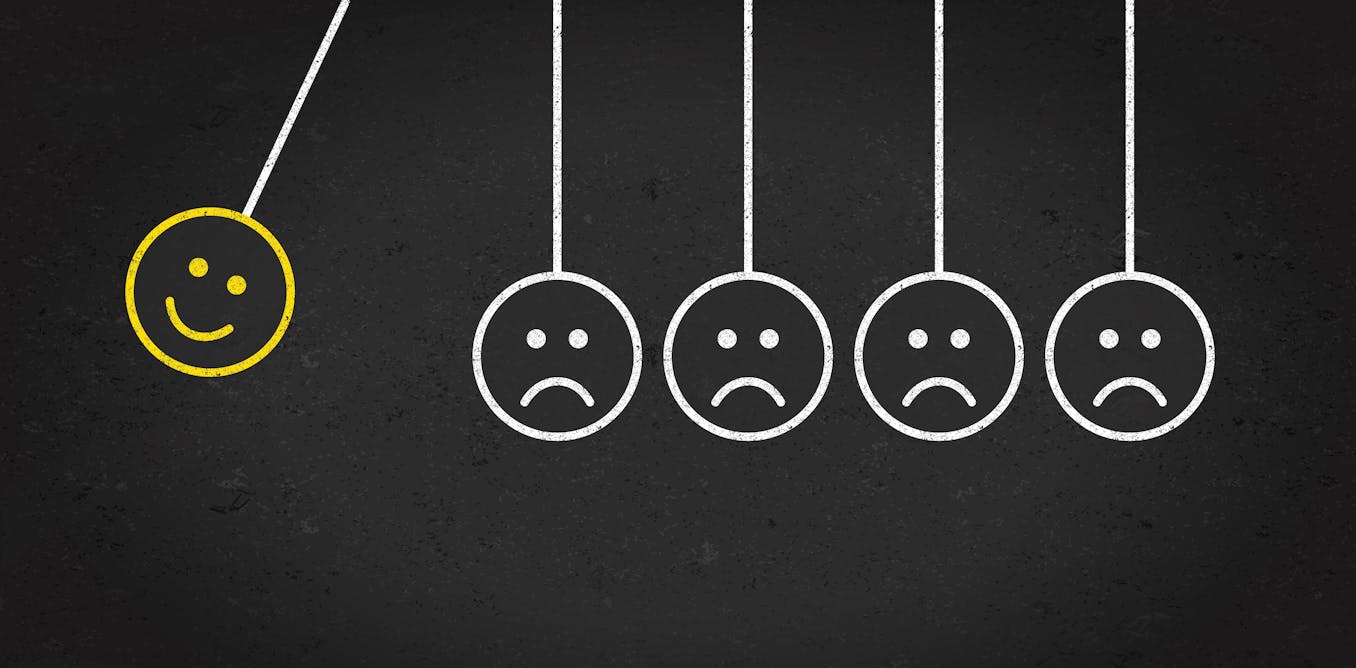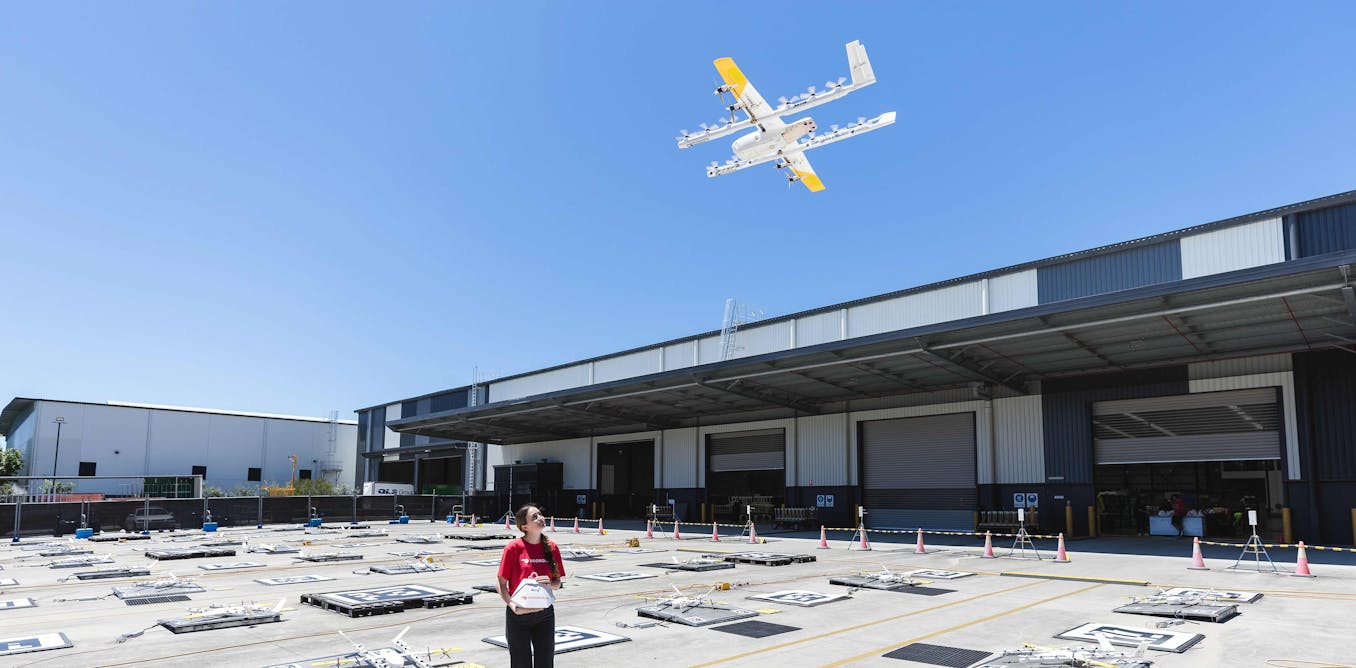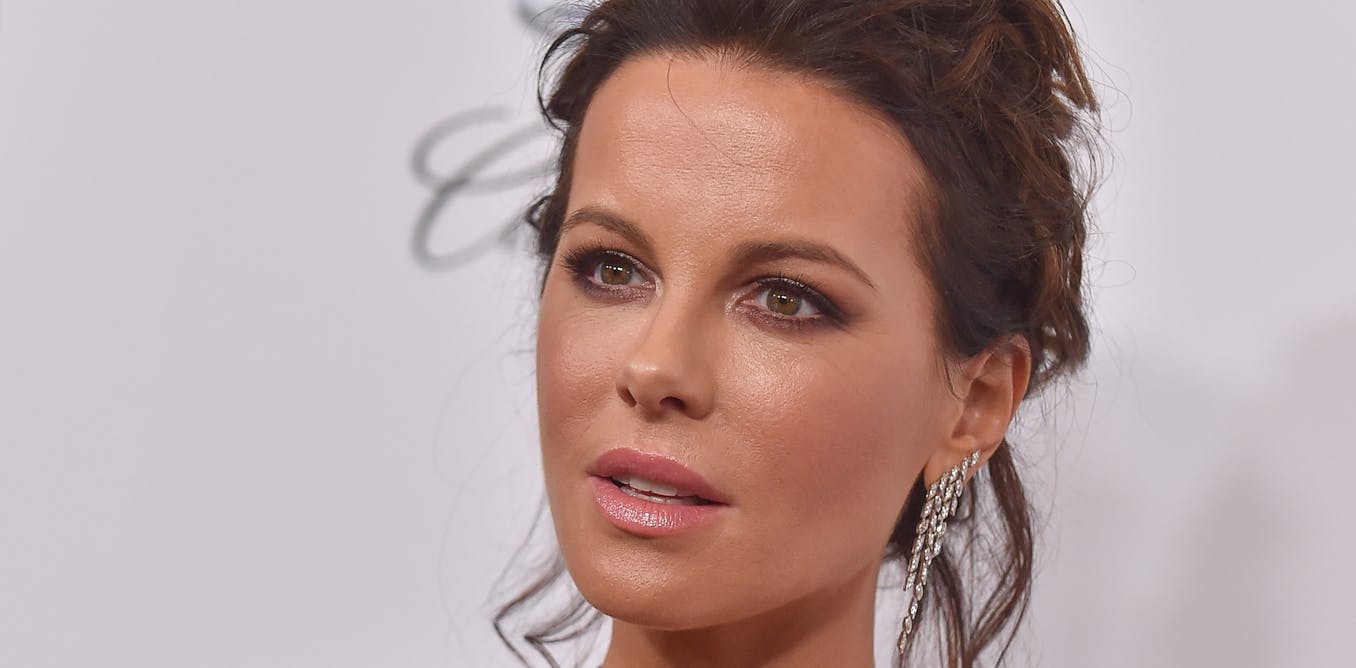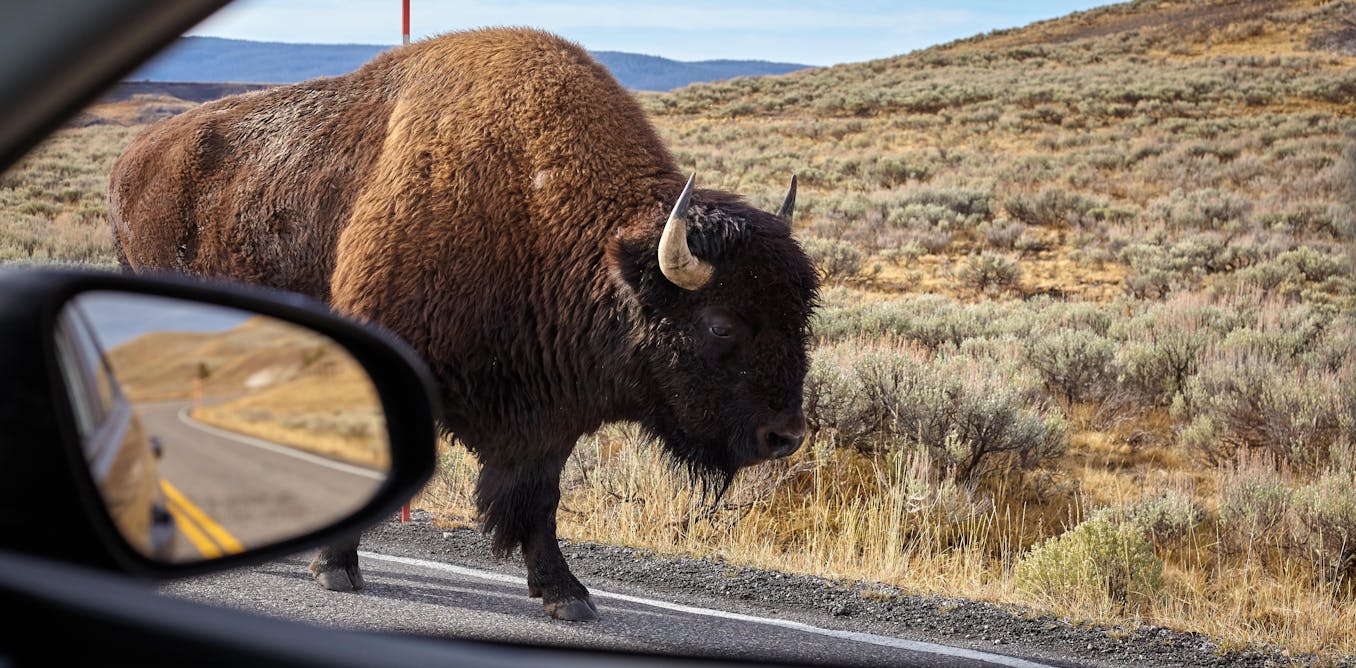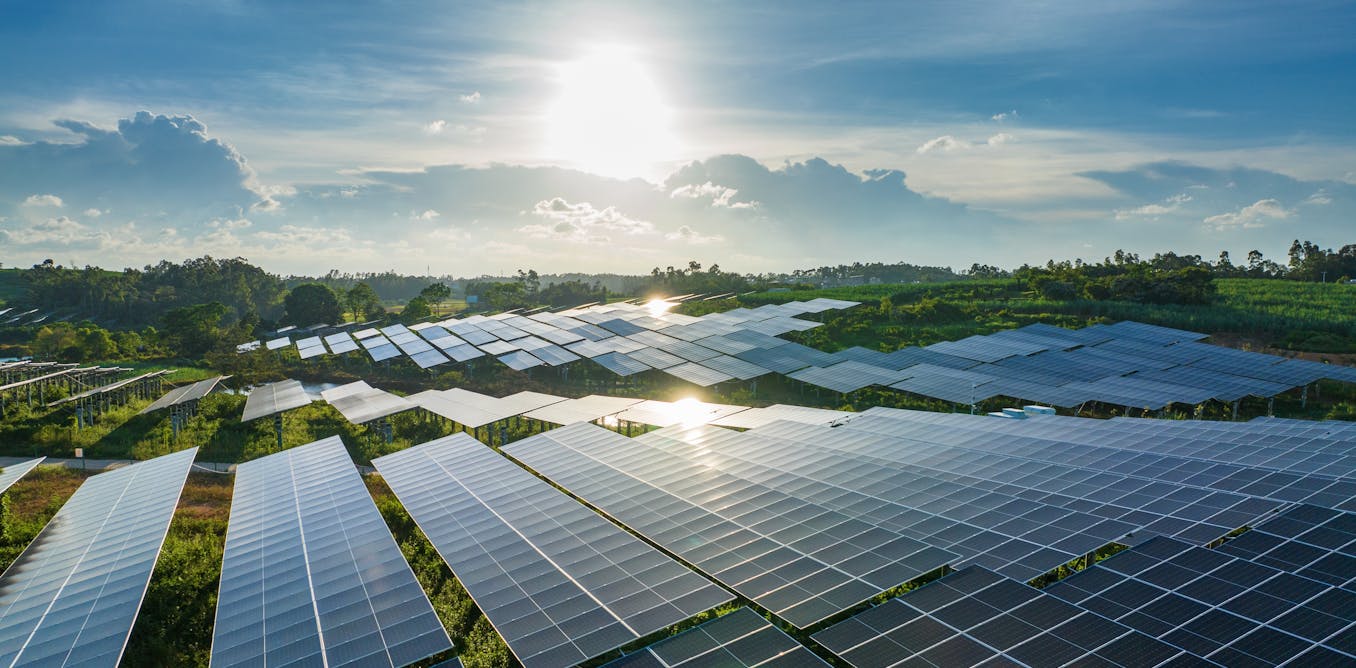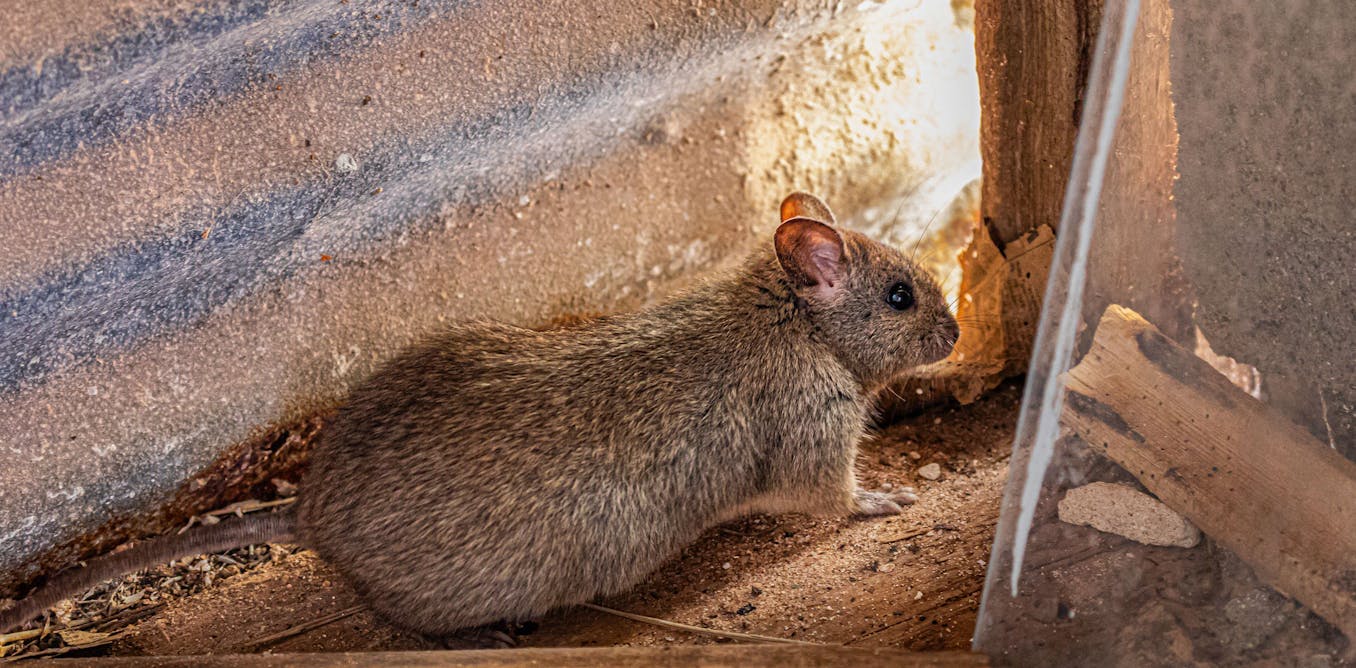Lessons from the Past on Adapting to Climate Change | Laprisha Berry Daniels | TED
In her TED Talk, Laprisha Berry Daniels takes the audience on a journey through time and space, from the rural South to the urban landscape of Detroit, in order to draw valuable lessons on adapting to climate change. By sharing personal anecdotes and historical events, Daniels shows how individuals and communities have successfully coped with significant climate shifts in the past, and how those strategies can be applied to the present and future.
Using the 2021 flood in Detroit as a backdrop, Daniels highlights the 2014 flood as evidence that history often repeats itself, and that we have to be prepared for these recurring climate-related crises. She emphasizes that accepting the reality of climate change, building supportive communities, and adapting our thinking and actions are key strategies to prepare for current and future climate challenges.
Daniels draws on her personal family history to illustrate how communities have successfully coped with climate change by accepting the new reality, providing mutual aid, and adapting to the changing conditions. She stresses the importance of recognizing and addressing social and political barriers that often hinder progress in preparing for climate change.
In conclusion, Daniels urges the audience to proactively apply the lessons learned from the past to address the current climate crisis. Through acceptance, mutual aid, and adaptation, communities can better prepare for and respond to climate-related challenges, ultimately creating a more resilient and sustainable future.
Watch the video by TED
Thank you, and welcome to Detroit. Has anyone told you how we greet each other here yet? “What up doe?” Not “what up, dog?” “What up doe.” Very well. In Detroit, in 2021, we experienced a 100-year flood. A rain event dumped seven inches of rain on Detroit. Cars were stranded on highways, people were literally swimming and kayaking down residential streets. Homes, businesses, infrastructure were inundated with heavy rainfall, resulting in over a billion dollars in flood damages.
It was unlike anything we had seen before. Wait a minute, that’s not true. Because, in 2014 … Detroit had a 100-year flood. Four to six inches of rain were dumped on Detroit. Cars were stranded on highways, people were literally swimming and kayaking down residential streets. Homes, businesses and infrastructure
Were inundated with heavy rainfall and sustained over a billion dollars in flood damages. Now I’m no mathematician, but 2014 to 2021 is not 100 years. I am a public health social worker, and what that means is I focus on developing interventions that help to improve the health and well-being of individuals and communities. In particular, I’m concerned with preventing harm. I think there are ways that we can learn from the past
In order to apply some lessons so that we do better when preparing for near-future and distant-future climate crises. So let’s start by thinking about the past. My grandparents were born and raised in a small town in the southern US, Boligee, Alabama. They decided, like many families in the ’50s,
To leave the South and to move north, to pursue a better life. In particular, my grandfather wanted to leave the agricultural industry and find work in the automotive industry. So my grandparents, Martha and Booker O’Neil, packed up their four children, their hopes and dreams, their practices and prayers, their tried-and-true traditions,
And headed north. Boligee was a small farming town with about nine surnames, about 150 residents, and the cows outnumbered the people. It was very different than Detroit. Detroit was wildly different. At the time, it was the fifth-largest city in the US, so it had a little over a million residents,
Busy streets, an active nightlife. What they experienced when they came here could be considered, in some senses of the word, climate change. I know that’s different than how we usually think about climate change, but stay with me, I’ll make sense of it as we go. When families moved here from the South,
They experienced weather in ways that they never experienced it before, a lot like what we’re experiencing right now, across the globe, right? They had to contend with snow in Detroit and very short and mild summers that really didn’t compare to the summer heat that they were used to.
There are two definitions of climate. The first is the one that we all expect to talk about during this summit: “Climate: the general weather conditions usually found in a particular place.” And then, there’s another definition of climate that we’ll get to later, and talk about how that affects climate change.
For the first time ever, families that arrived here from the South were experiencing this new climate. And they had to have strategies in order to adjust to the new climate. They used three key strategies — acceptance, aid and adaptation. So first, acceptance. They had to acknowledge
That they would not experience the weather the same way they had in the past. They had to recognize that they could not deny, avoid or alter it. As we do a better job of accepting that this is our new climate, then we could do a better job of planning, preparing, responding and recovering.
We have to realize that climate change is not a distal threat. It is at our front doors, or in the case of Detroit during the floods, in our basements. The second strategy they used was aid. When folks arrived here in the city, they set up communities, communities of mutual aid,
Where they helped and supported each other. They helped each other find housing, and jobs and land to grow food. In part, our ability to adjust to climate change is reliant upon our willingness to support each other. In 2014 and 2021, when there were floods in Detroit, residents responded. Neighbors, congregations, friends responded,
When government was not nimble enough to respond to the critical needs of community members. The third way that they survived this new climate was adaptation. They had to recognize that it was important to invest in the tools that they would need in order to adapt to this new climate.
They had to get shovels. They had to have sand and salt to deal with icy conditions, they had to cover their windows with plastic to keep the cold winds from coming in. We must take action to adapt for our current and near-future climate change, and it will take us all —
Community members, community organizations, business, industry, local government must come up with plans, and then put those plans into action. In the ’50s, many who migrated north thought that they would escape Jim Crow laws. What they found is a new form of racism in the North. Bigotry, racism and discrimination
Limited their access to healthy housing, the best neighborhoods, the best jobs, political power, et cetera. In the ’20s, the 2020s … bigotry, racism, discrimination limit access to healthy housing, the best neighborhoods, political power — you know where I’m going with this. It is important, then, that we pay attention
To the second definition of climate, and that has to do with the social conditions and political conditions and feelings and opinions that get in the way of us making progress on climate change and in other areas that we’re trying to make progress in. So the three strategies are acceptance, aid and adaptation.
When we’re looking at climate change, we also have to be mindful of how social and political conditions can stifle progress and get in the way of our progress toward preparing and planning for climate change. Being thoughtful about how we apply these three key strategies that worked in the past to our present circumstances,
While remembering to center community voices and experience and honor community assets is our best bet at success. In 2014, it rained, and we were surprised and not prepared. In 2021, we weren’t that surprised, but still ill-prepared. It’s going to rain again, no surprise. We have to make sure that we’re prepared.
We can be prepared for the next climate-related crisis, by accepting that climate change is our current reality, creating and supporting formal and informal systems of mutual aid, and adapting our thinking and our actions to prepare for current and future crises. Thank you.
About TED
The TED Talks channel features the best talks and performances from the TED Conference, where the world’s leading thinkers and doers give the talk of their lives in 18 minutes (or less). Look for talks on Technology, Entertainment and Design — plus science, business, global issues, the arts and more. You’re welcome to link to or embed these videos, forward them to others and share these ideas with people you know.
Video “Lessons from the Past on Adapting to Climate Change | Laprisha Berry Daniels | TED” was uploaded on 02/02/2024 to Youtube Channel TED






